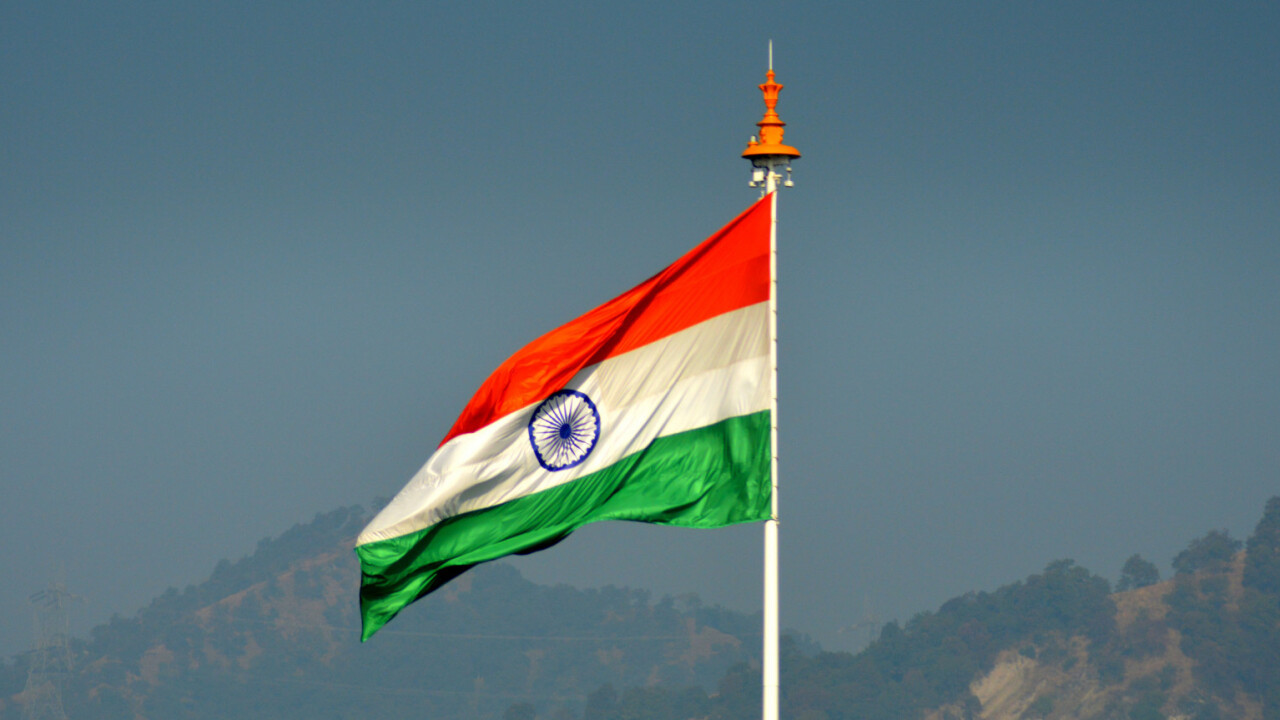Amidst nationwide protests against new and upcoming citizenship laws in India, Firstpost reports that internet shutdowns — presently being used as a tool by the government to quell unrest in some states — are costing businesses across the country a pretty penny.
According to Firstpost’s calculations, mobile carriers lose about $1 million on average every three hours for each of the 22 circles (regions) they operate in. A telecom industry group known as the Cellular Operator Association of India (COAI) estimates that other businesses in each circle where a shutdown is imposed loses about half that during the same time period.
Further, a 2018 study by Indian Council for Research on International Economic Relations (ICRIER) noted that internet shutdowns cost the Indian economy about $3.04 billion between 2012 and 2017.
India has implemented more than 350 internet shutdowns across the country since 2014 — the most notable of which is the ongoing blackout in the erstwhile state of Jammu & Kashmir, which has already lasted 135 days (it is now active only in the Kashmir valley). The aforementioned shutdown was implemented after the Central government announced its intention to revoke Jammu & Kashmir’s special constitutional status, forcing it to abide by national legislation.
Among the latest shutdowns are the ones imposed in the state of Uttar Pradesh, where protests against India’s citizenship laws had turned violent and served as the backdrop for several instances of police brutality. A blackout has also been implemented in the city of Lucknow, with a population of roughly three million.
India’s government has defended its decisions to impose internet shutdowns by saying such measures help to prevent terror attacks and unrest. In reality, they don’t really work. It’s just another regressive move that puts people in danger and their loved ones out of reach, costs businesses money, and disrupts everyday life. It’s time to put an end to this myopic practice.
Get the TNW newsletter
Get the most important tech news in your inbox each week.





